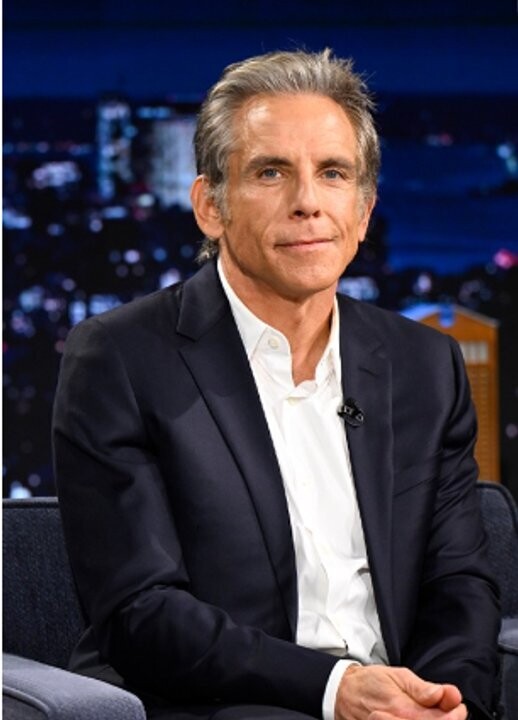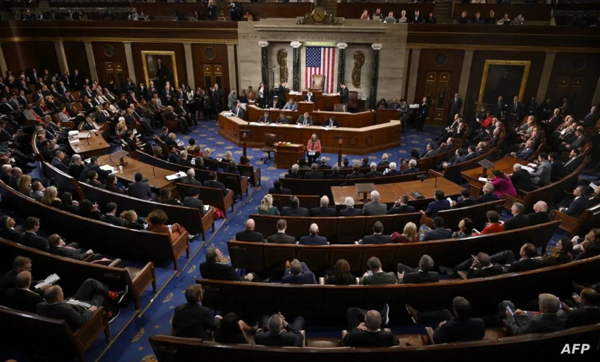
The designation of drug trafficking cartels as foreign terrorist organizations (FTO) by President Donald Trump has not yet translated into concrete measures. Despite the deadline having passed last night, the State Department has still not issued specific recommendations regarding this. This has created an atmosphere of uncertainty around the implementation and the measures that could accompany this decision.
According to Ray Donovan, former head of Operations at the DEA, the designation implies that the cartels will be a top priority for various agencies, such as the DEA, the FBI, and the Department of Homeland Security. Greater collaboration and coordination of resources to combat them is expected. However, some investigators doubt whether this measure will create additional pressure on the cartels, given that they were already being investigated by various agencies.
Historically, the designation of FTO has been reserved for organizations with political agendas or religious motivations. Currently, this label is associated with the cartels, representing a paradigm shift. Experts believe that this decision could consider common criminals as terrorists due to their use of violence for political purposes.
Donald Trump justified this measure by arguing the responsibility to defend the U.S. from threats like fentanyl, a powerful opioid that has caused thousands of overdose deaths in the country. Fentanyl seizures at the U.S.-Mexico border have increased significantly in recent years. There is a possibility that this designation could allow the deployment of U.S. forces in Mexican territory, especially on issues related to illegal immigration.
Although the designation does not authorize the use of military force in another country, speculation exists about possible counterterrorism operations depending on the situation. Some experts believe that this measure could be more of a political strategy by Trump than an effective solution to drug trafficking. There is concern about the negative consequences that this designation might entail and whether it will truly help address the underlying causes of the problem.
The intense flow of arms from the U.S. to Mexican cartels is a crucial aspect of their firepower. The circulation of firearms from the U.S., where law-abiding citizens pass guns to criminal groups in Mexico, poses a challenge for controlling this illegal flow. Despite agreements to curb arms trafficking, doubts remain about the effectiveness of these measures and whether it will significantly contain this flow.
Amidst the uncertainties, the designation of the cartels as FTO is expected to be the beginning of closer collaboration between the U.S. and Mexico. Experts point out the need to also address other aspects, such as controlling the flow of arms, to achieve significant progress in the fight against drug trafficking.














